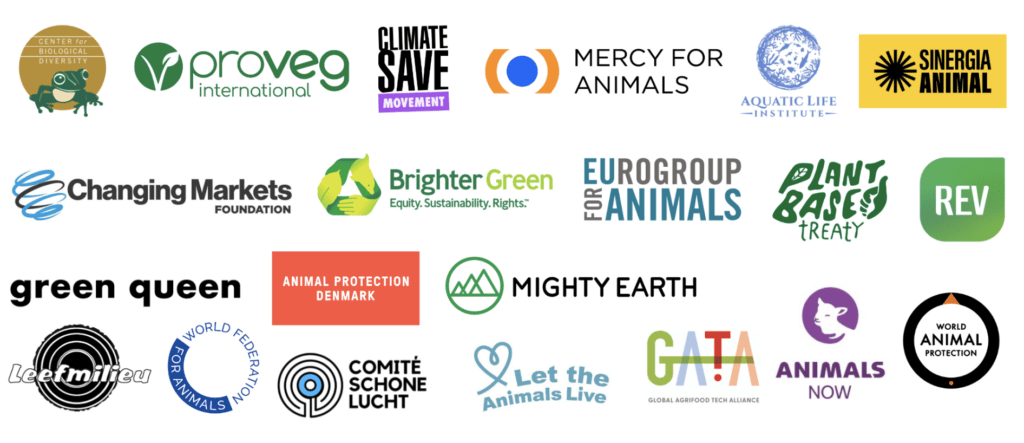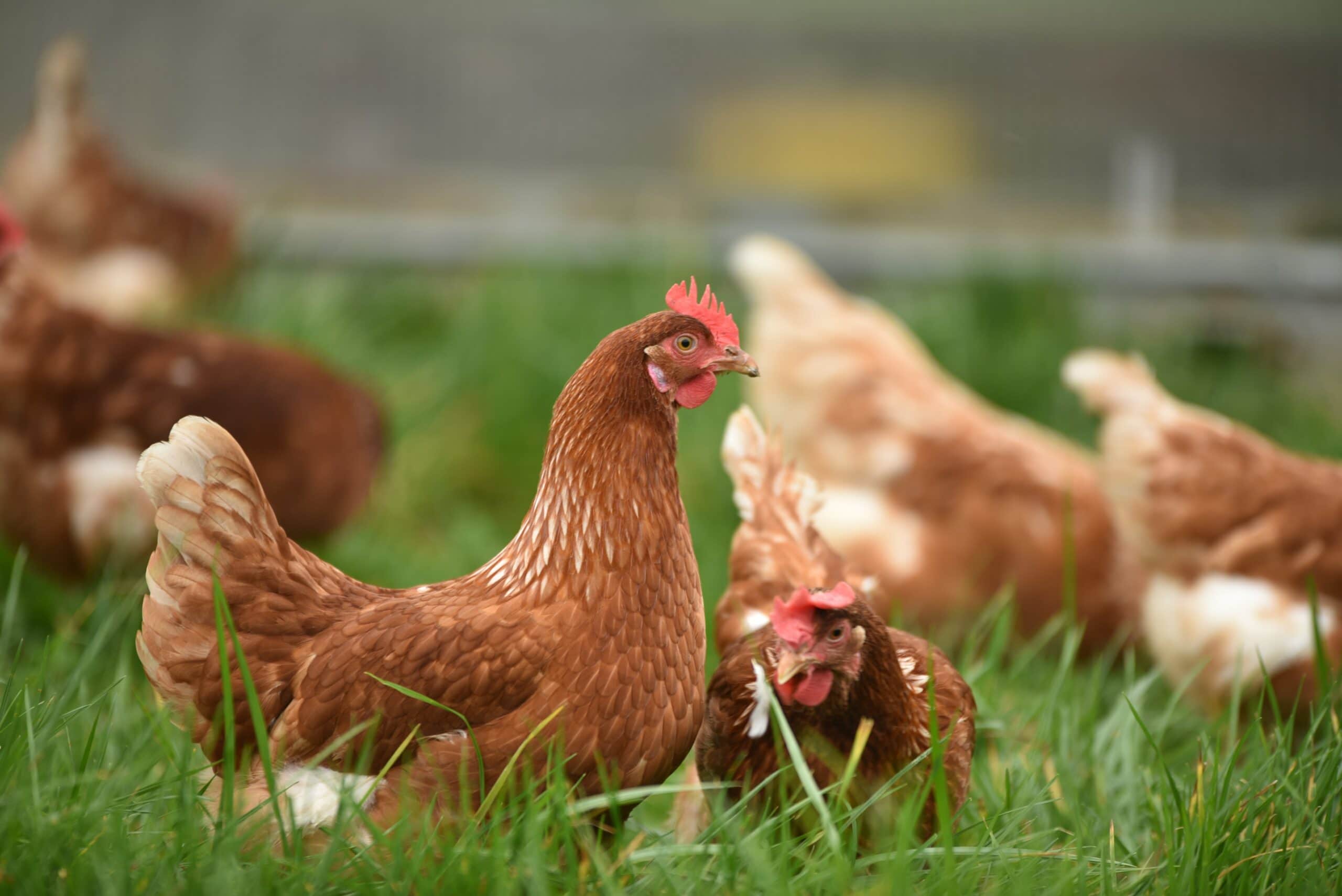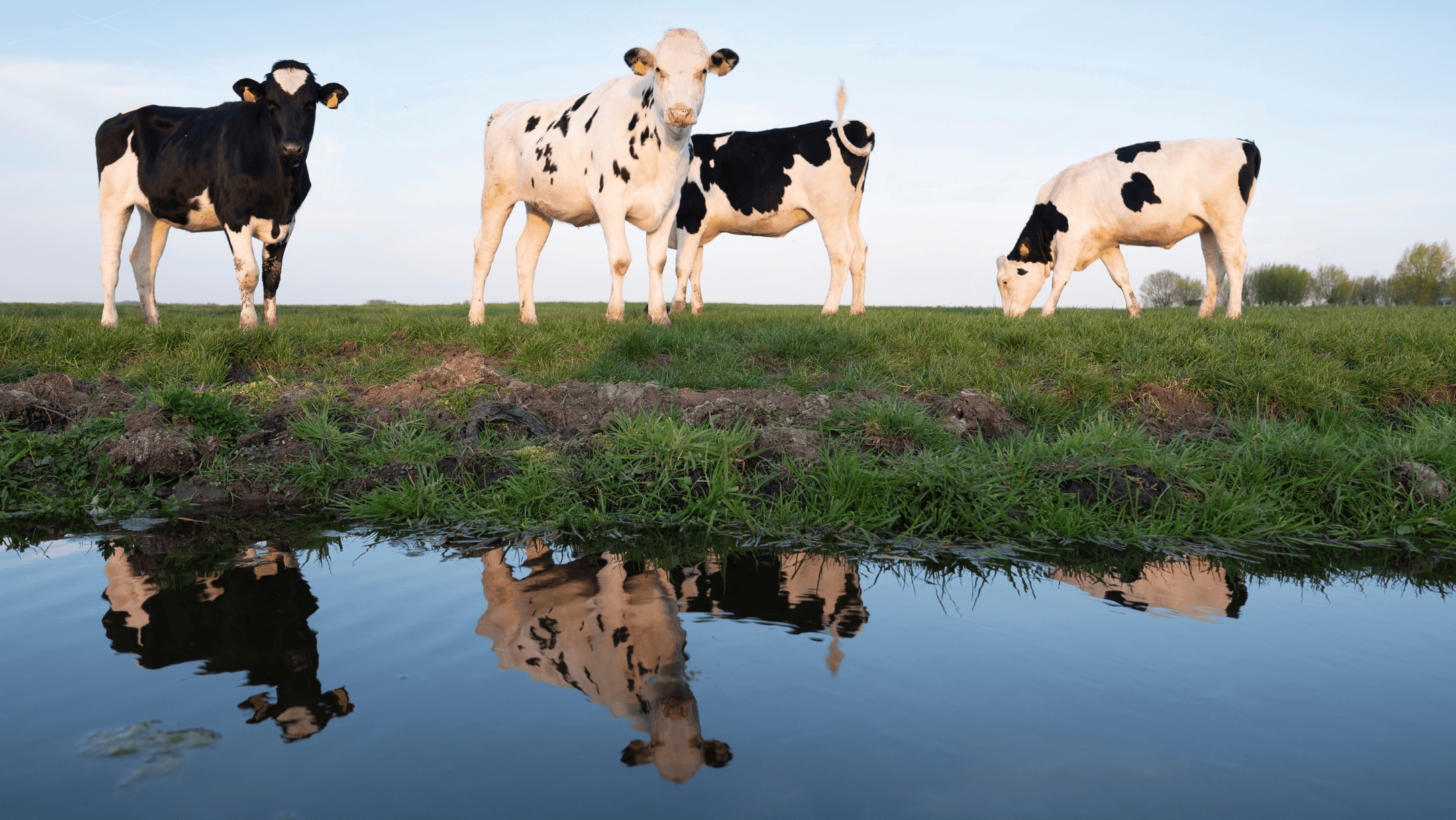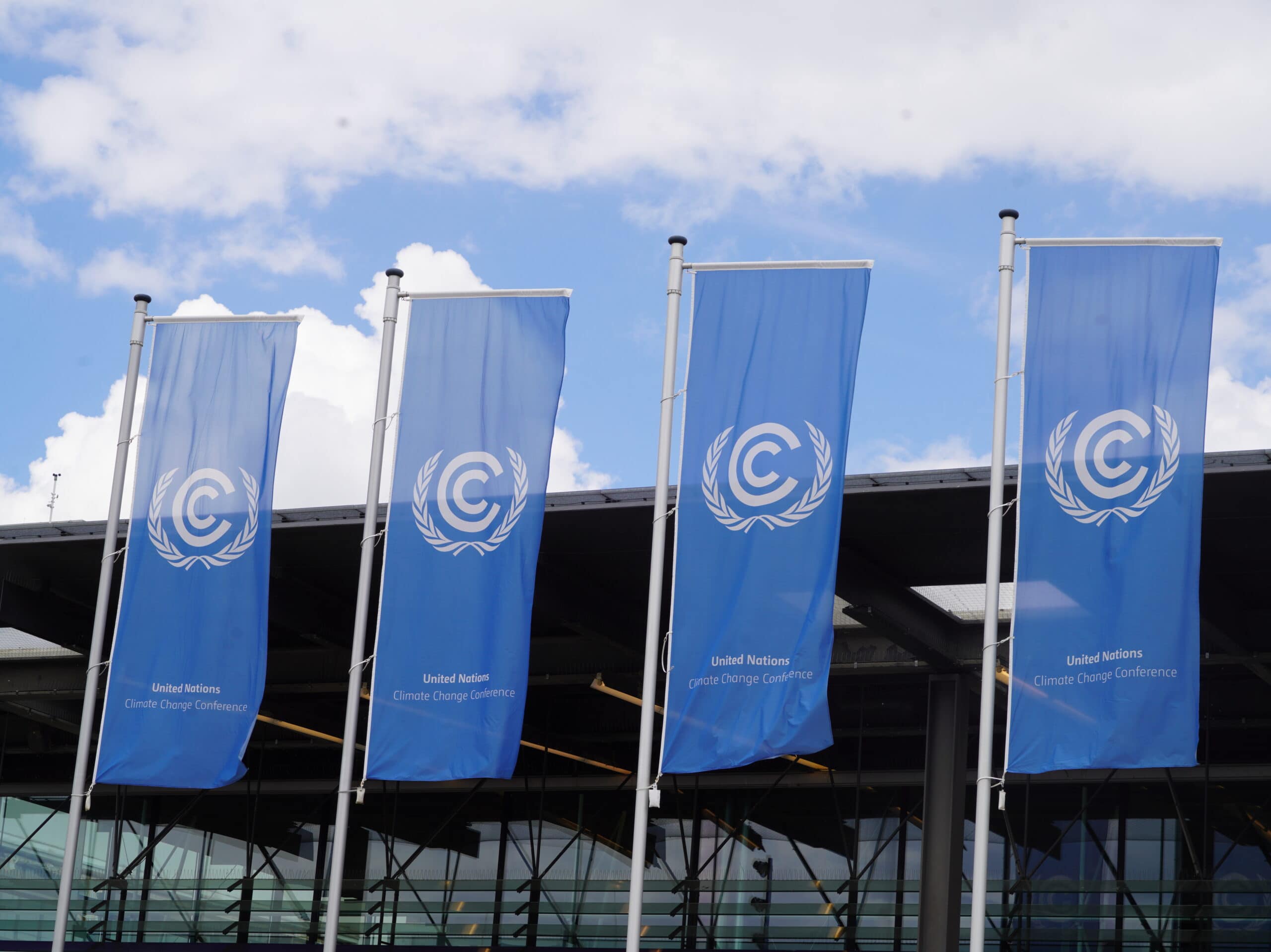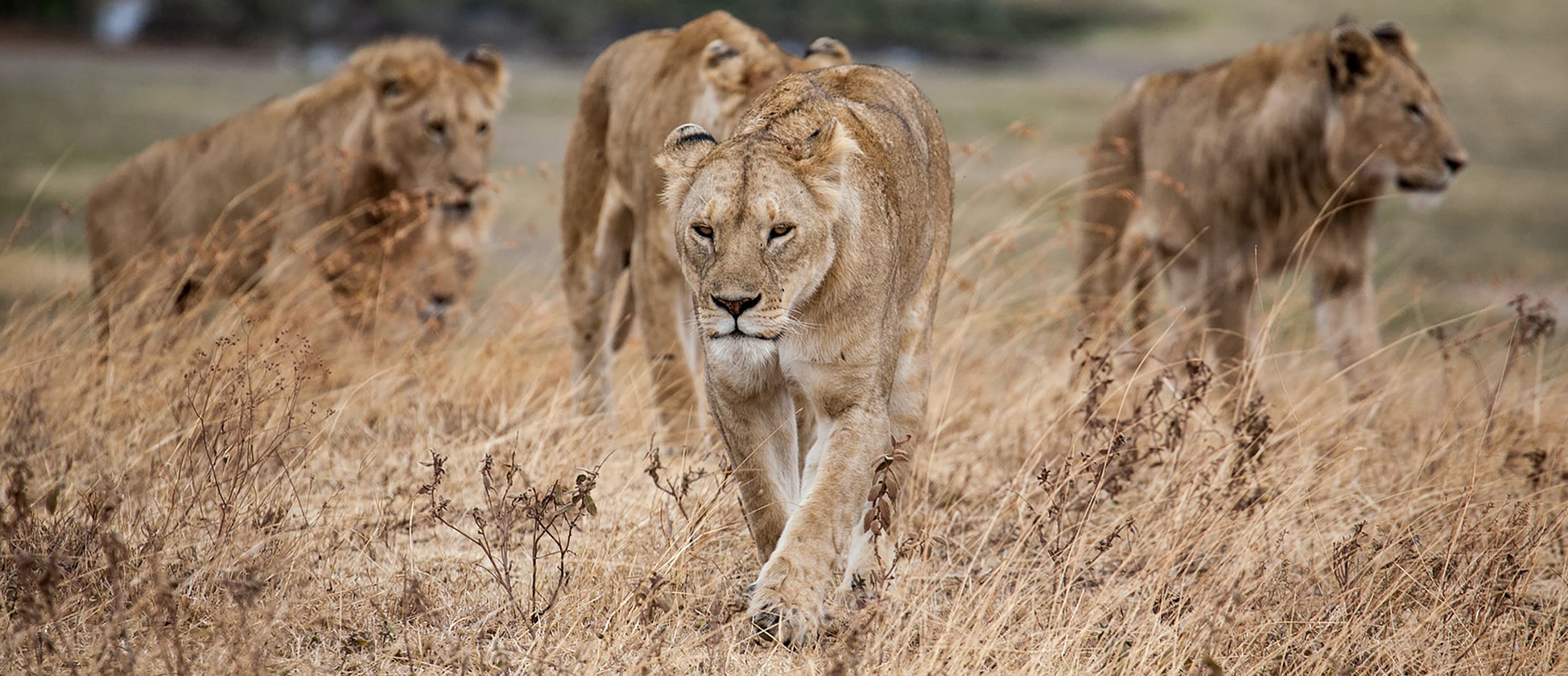We, the undersigned organizations, acknowledge FAO’s global roadmap launched at COP28 for achieving Sustainable Development Goal 2 (SDG 2) while adhering to the 1.5C temperature threshold and welcome the roadmap’s clear recognition of the absolute necessity to change diets. Shifting to healthy and sustainable diets is a critical step towards a more climate-compatible food system.
However, our collective response underscores significant concerns, particularly regarding the roadmap’s omission of the impacts of industrial animal agriculture and the need to reduce and ultimately phase out our reliance upon industrial animal farming, a key driver of the climate, nature and health crises.
While the roadmap makes commendable strides in important areas for food security, it also exhibits notable gaps:
Dietary shifts: We echo the statement that “[t]he issue is to know not “if” diets should change – for they absolutely must for human and planetary health – but how to obtain these results.” However, the roadmap does not adequately highlight the specific benefits of transitioning towards more healthy, plant-based diets, especially in regions with excessive consumption of animal-based foods.
Animal agriculture: We note with concern the roadmap’s recommendation regarding shifting to smaller farmed animal species to reduce greenhouse gas (GHG) emissions. As emphasized earlier in the roadmap, we are “exceeding safe limits in six of the nine planetary boundaries, majorly tied to agrifood systems.” We cannot limit our consideration to GHG emissions alone and instead must holistically consider the impacts of animal agriculture on people, animals, and the environment. In addition, we are deeply concerned by the recommended actions related to the intensification of animal agriculture given the potential ramifications for both disease risk and animal welfare.
Methane: The roadmap, while mentioning “methane reduction technologies” for livestock, overlooks key aspects like the availability, scalability and affordability of these technologies, especially in diverse farming practices. It misses critical consumption-side measures and does not refer to the need for an overall reduction of farmed animal numbers, a step strongly supported by scientific evidence, including the UN Environment Programme’s Methane Assessment Report. The suggestion to use livestock methane for biogas risks creating perverse incentives to intensify and expand animal agriculture, contradicting the need for a holistic food systems transformation. This should include reducing global farmed animal numbers and a just transition to healthier, more sustainable, plant-based diets. Although the roadmap sets a specific target for methane emissions from animal agriculture, a more ambitious target is needed to cut overall farmed animal emissions, not just emissions intensity in the animal agriculture sector. This is vital for slowing global warming, improving human health, and protecting global food security.
Fisheries and aquaculture: While the roadmap touches upon improving climate action in fisheries and aquaculture, focusing on policy, governance, and resource access, it oversimplifies the diversity of aquatic foods and their environmental, economic, and social impacts. The roadmap’s blanket promotion of aquatic foods for their low GHG footprint is misleading, neglecting the high GHG emissions and gaps in emissions accounting for certain aquatic foods. Furthermore, the lack of clarity on “sustainable” practices and omission of animal welfare considerations in fisheries and aquaculture is a regressive step.
Crops: The roadmap takes important steps towards crop resilience and diversification, aligning with the need for diverse crops. However, it falls short of explicitly prioritizing crops for human consumption over animal feed, a crucial aspect for ensuring food security and sustainability in line with the 1.5C threshold.
Forestry and food systems: The roadmap advances forest protection, restoration, and sustainable land use. However, it falls short of addressing the systemic changes needed in food systems, particularly in controlling the expansion of the meat, dairy, and feed sectors. The lack of detailed strategies for downsizing industrial animal agriculture is a critical gap, as these sectors significantly contribute to deforestation and biodiversity loss.
Subsidy reforms: We welcome the call to repurpose subsidies to encourage the restoration of ecosystems, in line with the Kunming-Montreal Global Biodiversity Framework. We also note the roadmap’s proposal to realign animal agricultural subsidies with more environmentally friendly farming techniques as a needed first step and note the need for additional consideration to further realign subsidies with sustainability and animal welfare objectives.
One Health: The roadmap makes progress in promoting more sustainable animal farming practices and highlights the need for improved efficiency and biodiversity in these systems. However, its lack of explicitly incorporating the One Health approach is disappointing, especially given the FAO’s role in the Quadripartite for One Health and the UAE declaration on Climate and Health launched at COP28. Additionally, the roadmap does not adequately emphasize the importance of reducing the overall number of animals in the food system, a crucial need for environmental and health sustainability. While it touches on health-related aspects like antimicrobial resistance, a comprehensive exploration of the health impacts of industrial animal agriculture, including its role in AMR and zoonoses, is regrettably lacking.
COP28 is a decisive moment to drive ambitious action on food systems reform. We urge the FAO to address the aforementioned gaps and incorporate a more holistic perspective in its strategies to achieve SDG 2. We remain dedicated and willing to support FAO, Member States and partners in accelerating climate actions to transform agrifood systems in alignment with the Paris Agreement and to help achieve food security and nutrition for all, today and tomorrow.
Signatories:
- Animal Protection Denmark
- Aquatic Life Institute
- Animals Now
- Brighter Green
- Center for Biological Diversity
- Changing Markets
- Climate Save Movement
- Comité Shone Lucht
- Global Agrifood Tech Alliance
- Green REV
- Green Queen
- Eurogroup for Animals
- Leefmilieu
- Let the Animals Live
- Mercy for Animals
- Mighty Earth
- Plant Based Treaty
- ProVeg International
- Sinergia Animal
- World Animal Protection
- World Federation for Animals
